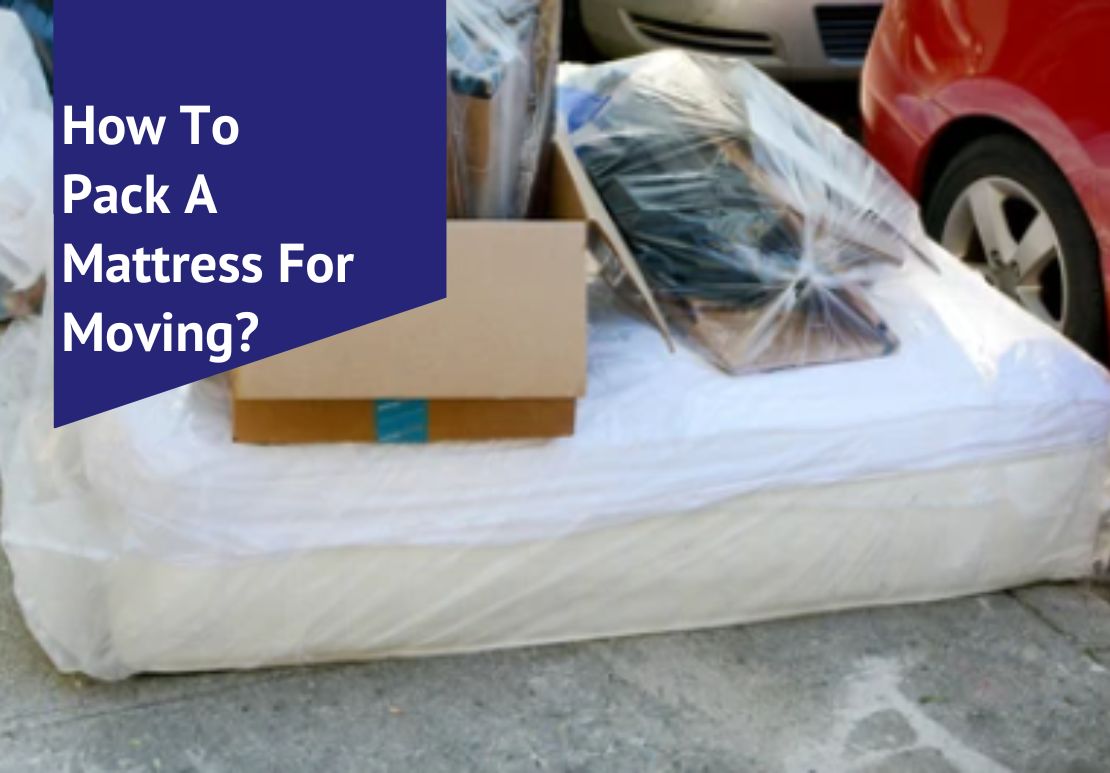Sleep latency in scientific terminology is the measure of falling asleep, which should ideally be between 10 – 15 minutes from a state of wakefulness to sleep in a healthy individual. Not falling asleep within this timeframe could be reason for concern, and may be due to one or more issues including sleep onset insomnia.
Furthermore, individuals deprived of sleep tend to gain weight, are less productive and moody, and may experience symptoms of cognitive impairment. In fact, results from a Gallup Poll conducted in 2013 indicate that 40 percent of adults in the United States feel they do not get the right amount of sleep. If you’re one of the many eager to know how to fall asleep fast, here are 10 ways to help you get the essential amount of Z’s.
Table of Contents
Try and Keep Yourself Awake
Surprisingly, one of the best tips to fall asleep is actually challenging yourself to stay awake. The human brain works in mysterious ways in that it sometimes triggers your body and mind to do things opposite of what you’re thinking. So if you say that you don’t want to sleep, your brain will in some cases misinterpret that information and lead you to actually fall asleep—a process that’s often termed as sleep paradox.
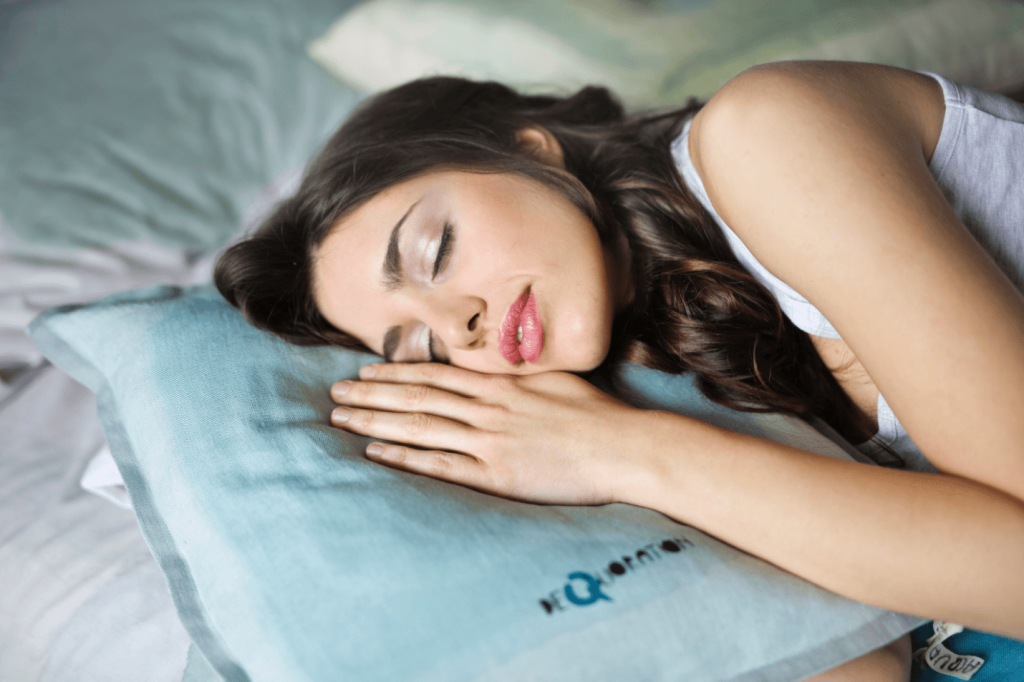
However, it is important that you refrain from engaging in any stimulating activities such as drinking coffee or using technology when trying to stay awake. Some ideas on how to keep yourself awake include reading a book, thinking about your day and listening to soothing music.
Switching Pillows
Pillows provide you with the ultimate support and relaxation when you sleep, as long as they are in good working order. Pillows just like mattresses do receive a fair amount of wear and tear during their service life hence need to be replaced periodically. A good way to test your pillows for support is by bending them in half and letting go. If they springs back into position automatically, then it is not the cause of your sleep issue, but should be replaced if they remain in the bent state.
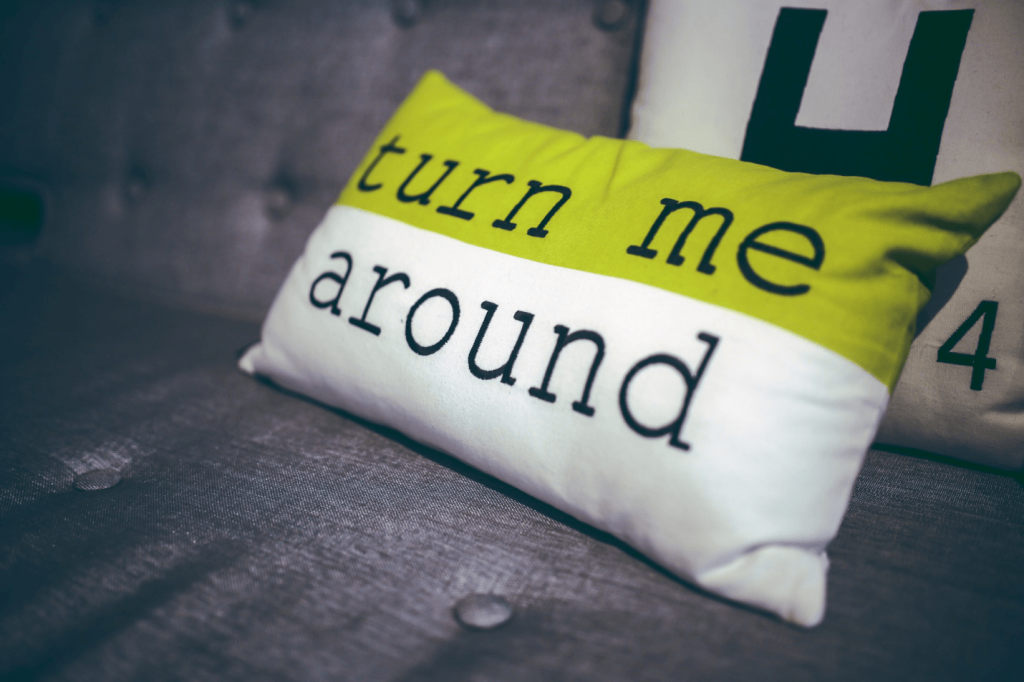
Speaking of pillows, sleeping on the wrong ones could also affect the way you sleep especially if you suffer from chronic back and neck pain. You should consider buying a pillow that offers the right level of support for your neck, and one that keeps it in a straight line or use two pillows if necessary, one for your head and other between your knees to keep your hips in neutral position.
Changing the Room Temperature
The current room temperature of your space is often an aspect that’s neglected when trying to fall asleep. Medical research indicates that the temperature of your body fluctuates when you sleep, where the temperature of both your hands and feet increases, and core temperature decreases.
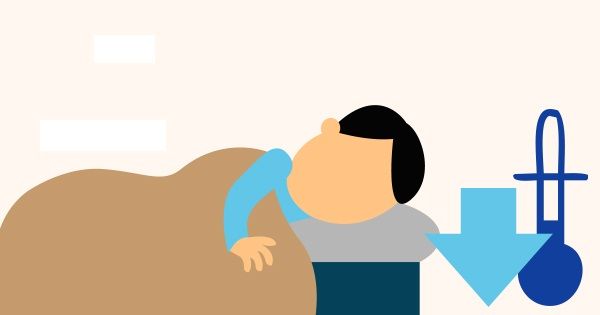
If your room is too warm, you may have trouble falling asleep, so it is recommended that you set your thermostat between 60–75°F (15–23°C). These numbers however may vary across individuals, so select a temperature that works best for you. To accelerate your body’s temperature changes, you can try taking a warm a bath or shower, and fall asleep when your body cools down.
Using Your Body’s Integrated Tranquilizer
Believe it or not, your body has immense potential, and using your inbuilt tranquilizer aka your breath can help you sleep easily. Fact is that there is a corresponding breathing pattern for every emotional state, where your breath is shallow and fast when you’re anxious and deep and slow when you’re relaxed. The 4-7-8 method is one of the best tips to fall asleep, and one that can be performed anytime you feel anxious or stressed.
It is easily done by first placing the tip of your tongue behind your upper front teeth, exhaling completely through your mouth and making a whoosh sound, closing your mouth and inhaling through your nose while counting to four, mentally counting until seven while holding your breath, opening your mouth and exhaling completely and repeating this cycle at least three or more times.
Follow a Sleep Schedule
Circadian rhythm serves as your body’s internal clock, and triggers your body to feel alert during the day and sleep at night. Your internal clock can be programmed easily to follow a regular schedule by waking up and going to bed at the same time every day. It will be easier for you to fall asleep once your body gets used to this schedule.
You may also read: How Much Sleep Should A Teenager Get?
Avoid Looking at Your Clock
It is normal to wake up in the middle of the night, but falling back asleep is sometimes easier said than done. Most people who wake up during the night tend to take a quick look at their clock, and as a result find it hard to get back to sleep. Watching the clock is a common habit among individuals suffering from insomnia, and may cause anxiety.
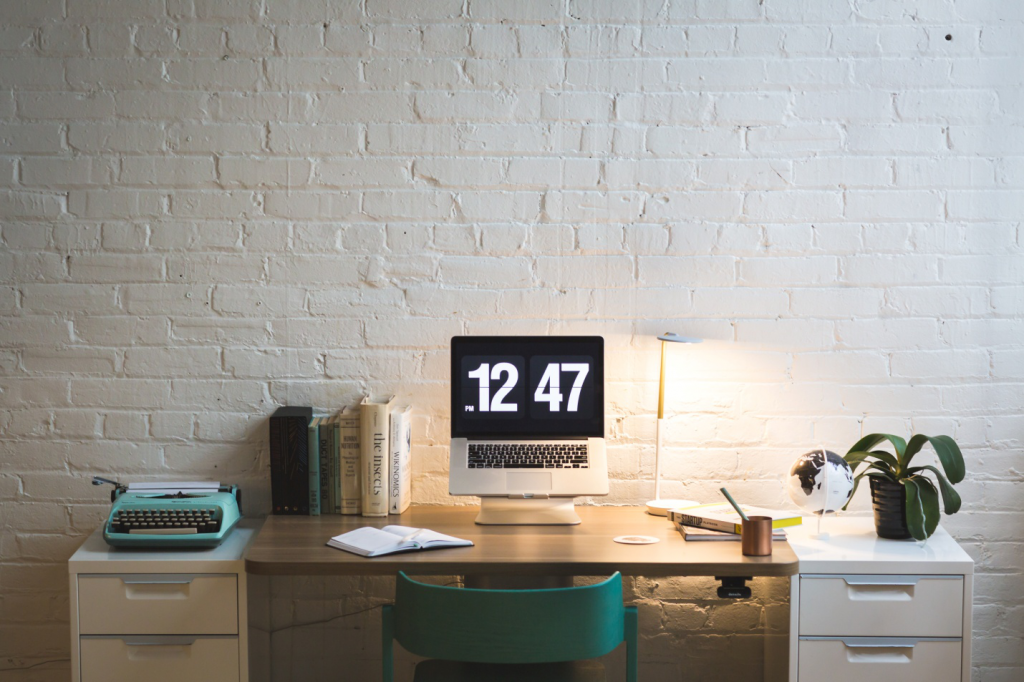
Needless to say, constantly waking up in the middle of the night can cause your body to develop a new routine resulting in waking up during the night regularly. If you’re habituated to looking at the clock in the middle of the night, simply hide the clocks to stop worrying about the time.
Avoid Naps During the Day
If you don’t get the right amount of sleep during the night, great chances are that you will feel sleepy during the day, which is especially the case for people with insomnia.

Although the effects of short naps or nighttime sleep have received mixed opinions, where experts say it improves alertness and wellbeing, and other studies indicate that taking regular, long (two hours or more) and late naps may lead to poor nighttime sleep quality. If you’re on the fence about whether daytime naps are affecting your nighttime sleep, try avoiding daytime naps to see if it helps.
Avoid Late Night Exercise
Exercising is undoubtedly great for your overall wellbeing, but exercising at night may have a negative impact on your sleep. Exercising tends to raise metabolism levels in your body and increase its core body temperature resulting in rough sleep.
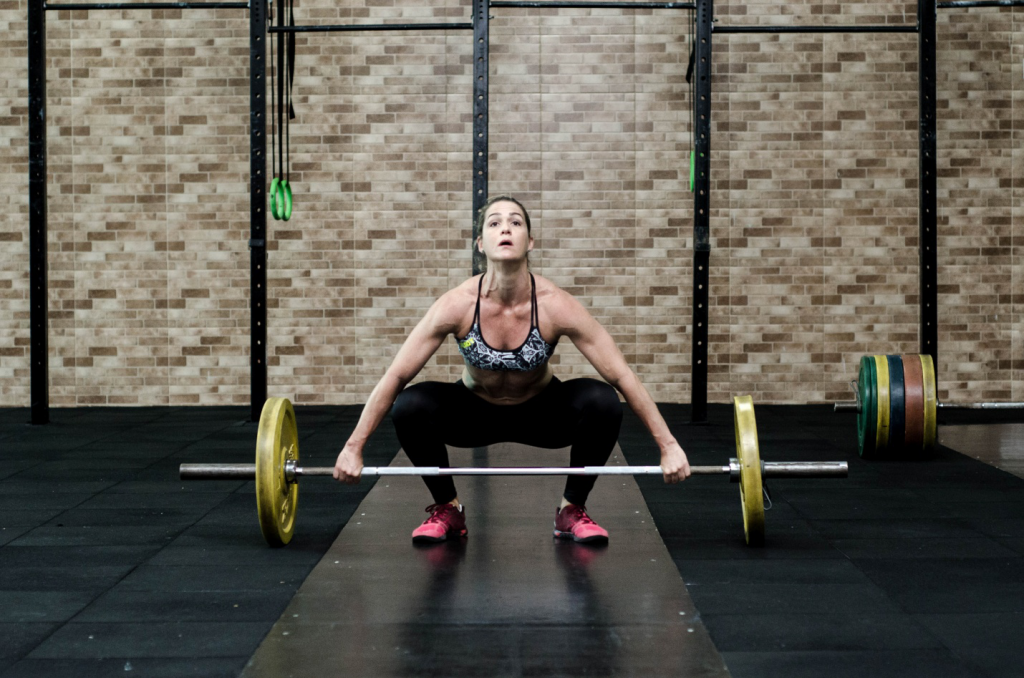
It is a good idea to stick to a workout pattern, so that your body can get used to this routine. The best time to exercise is early in the morning or4-6 hours before going to sleep.
Stay away from Caffeine, Alcohol and Medications
Consuming excessive alcohol, caffeine or medications is one of the biggest reasons for poor sleep. Additionally, energy drinks consumed 8 hours before bedtime could prevent you from falling asleep. It is best to consume these products in the morning and not late in the afternoon given that your body takes a considerable amount of time to process the chemicals in them.
Skip Heavy Meals and Late Night Snacks
Certain foods such as spicy and fatty items take longer to digest hence can ruin your sleep. In terms of dinner time, it is best to eat your last meal of the day approximately 4 hours before you go to sleep. Furthermore, a nutrient rich diet can also facilitate sleep such as vitamin D and Magnesium.
Conclusion:
If you’re having trouble falling asleep, the aforementioned tips to fall asleep can definitely help. There are many other ways to fall asleep, and it is best to explore several options in order to determine which one works best for you.






